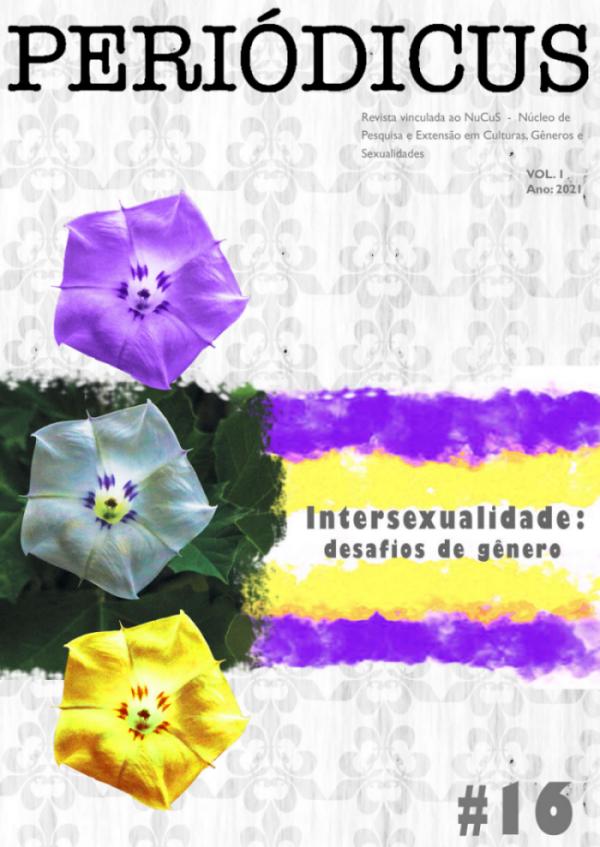Uncertain sexes: ambiguity and difference in Herculine Barbin’s autobiography
DOI:
https://doi.org/10.9771/peri.v1i16.42974Abstract
Adèlaïde Herculine Barbin was a French teacher diagnosed as a “male hermaphrodite” at the age of 21. After having her civil status rectified, she was renamed Abel Barbin. In 1868, already living as a man, Herculine committed suicide. Beside her body, the manuscript entitled My Memories was found, in which she narrated the misfortunes and joys of her brief existence. My Memories indicates that a specific question was insistently addressed to Herculine: what is her real sex? However, she had dismantled this issue somehow. Following Herculine’s autobiography, we draw two lines of investigation. In the first, we followed how European medicine in the late 19th century was obstinate in unraveling the true sex of individuals. In the second, we followed the potential of My Memories to transform the question addressed to Herculine, which presented the sex/gender system with an energetic question: do we really need a real sex?
Downloads
Downloads
Published
How to Cite
Issue
Section
License
Copyright (c) 2021 Izabel Rizzi Mação, Davis Moreira Alvim, Alexsandro Rodrigues

This work is licensed under a Creative Commons Attribution-NonCommercial 4.0 International License.
Authors who publish in this journal agree to the following terms:
Authors retain copyright and grant the journal the right of first publication, with the work simultaneously licensed under a Creative Commons Attribution Noncommercial License that allows the work to be shared with acknowledgment of authorship and initial publication in this journal, but prohibits commercial use.
Authors are authorized to enter into separate additional contracts for non-exclusive distribution of the version of the work published in this journal (e.g., publishing in an institutional repository or as a book chapter), with acknowledgment of authorship and initial publication in this journal.
Authors are permitted and encouraged to publish and distribute their work online (e.g., in institutional repositories or on their personal website) at any point before or during the editorial process, as this can generate productive changes and increase the impact and citation of the published work (see The Effect of Open Access).








